Max Richter charms the Blenheim Palace crowd for Nocturne Live
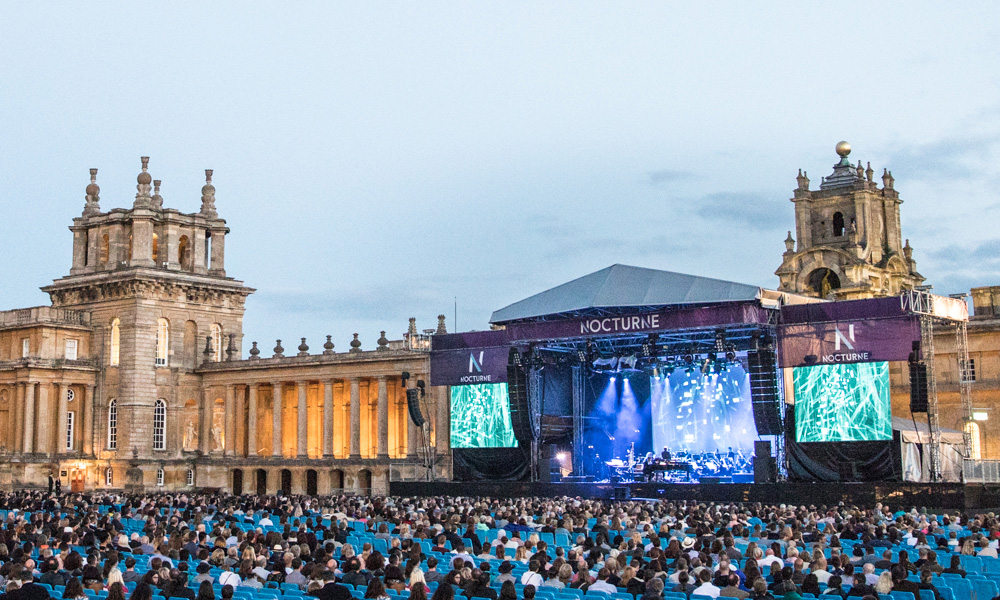
There could have hardly been a better setting than Blenheim Palace for Friday night’s concert of Max Richter. The monumental building and the music the composer played during the first part of the show belonged to the very same era: 1720s. The Nocturne Live audience was lucky enough to hear Vivaldi’s Four Seasons – which Richter famously “recomposed” and released in 2012 – in full. Although the majority of the compositions have been largely re-written (Richter claims 75%), these violin concerti were a splendid match for the palace – or, perhaps more appropriately, the other way round.
Rising violin star Ray Chen and the Aurora Orchestra accompanied the composer through this 12-movement journey. Chen embraced with personality all the celebrated virtuoso moments – played by Daniel Hope on record – that characterise Vivaldi’s masterpiece: especially on Winter 1 and Summer 3, which are close to the originals. Richter explores his minimalistic vein on Spring 1 and Autumn 3, with a clean approach supported by electronic touches. He takes Winter 3 and turns it into the eeriest track. The masterpiece movement – Autumn 3 – is largely untouched. It would be interesting to know how difficult it is for the orchestra’s skilled musicians, who played Vivaldi for years, to shift between what they knew by heart and what has completely changed.
The second half of the concert saw the world premiere of Three Worlds: Music from Woolf Works. Composed as a score for the Royal Opera House Woolf Works ballet, it takes inspiration from three novels of Virginia Woolf – Mrs Dalloway, Orlando and The Waves – and it’s divided into three parts respectively. This is possibly Richter’s most ambitious work; it begins with the only voice recording of Woolf and moves into In the Garden, a melancholic, minimalistic piano-driven piece where violin, viola and cello intertwine. Then comes War Anthem, the epic gem of the “three worlds”. This monumental piece builds from the slow, dramatic sound of multiple cellos and explodes when the violin takes the scene bringing the tension to its climax. Meeting Again completes the first chapter with its repetitive piano/cello melodies; this is where Richter gets closer to his musical progenitor, Philips Glass, who notably scored the Mrs Dalloway-inspired film The Hours. The concert suddenly became more electronic as it moved on to the Orlando pieces – in particular with Genesis of Poetry. The programme ended with the beautiful, astonishing Tuesday, the 22-minute track that concludes Three Worlds. On a dreamlike, mournful base of strings, first a soprano then a trombone take the lead to reach a conclusive peak of intensity.
After a well-deserved standing ovation, Max Richter came back on stage with the orchestra to play an encore. The grand finale was On the Nature of Daylight from The Blue Notebooks, his second album released in 2004. This composition has become famous to broader audiences thanks to several Hollywood productions that featured it: Stranger than Fiction, Disconnect and – very recently – Arrival. The use of cello and violin is a perfect reflection of the British composer’s characteristic: writing music that is classical but accessible. Dramatic, heartening and incredibly good. Richter used his Moog synth to add an electronic touch to the first violin, and the Blenheim Palace crowd fell just like under a spell.
Filippo L’Astorina, the Editor
Photos: Filippo L’Astorina
Nocturne Live took place at Blenheim Palace from 15th until 18th June 2017. For further information about Max Richter and future events visit here.
Watch an excerpt of On the Nature of Daylight live at Blenheim Palace here:

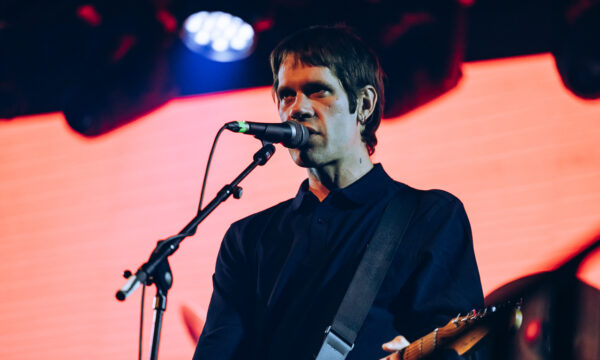

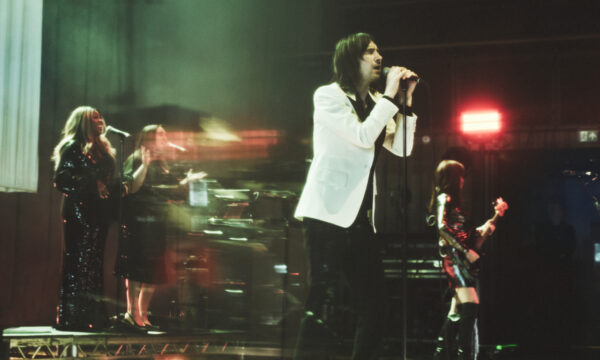
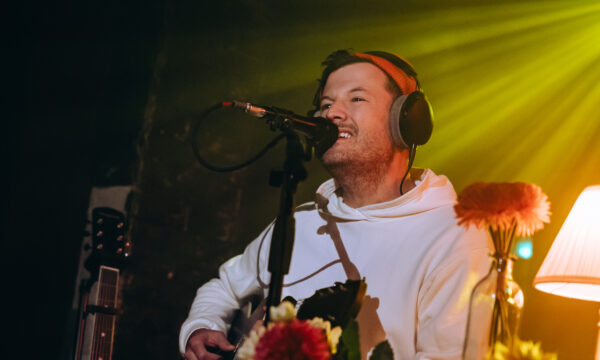
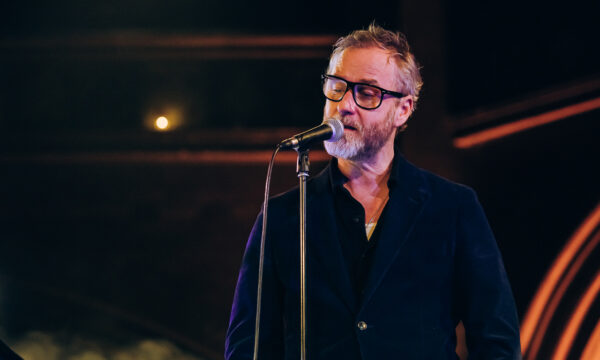
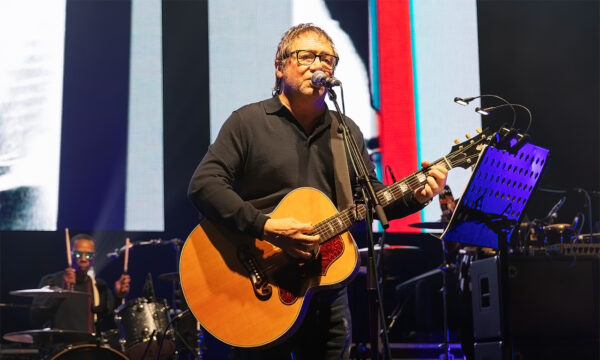
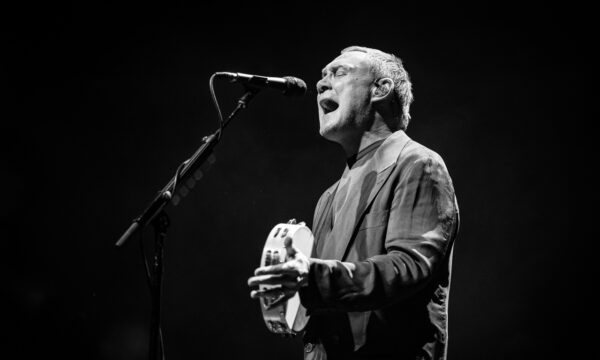

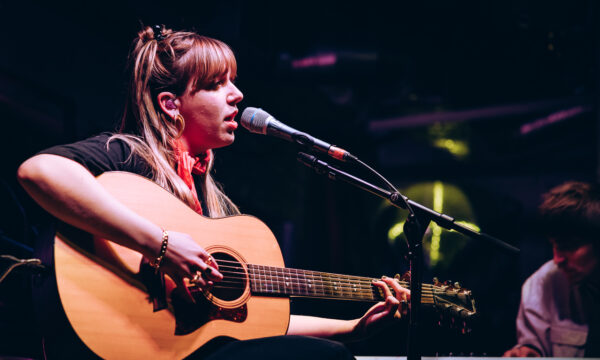














Facebook
Twitter
Instagram
YouTube
RSS